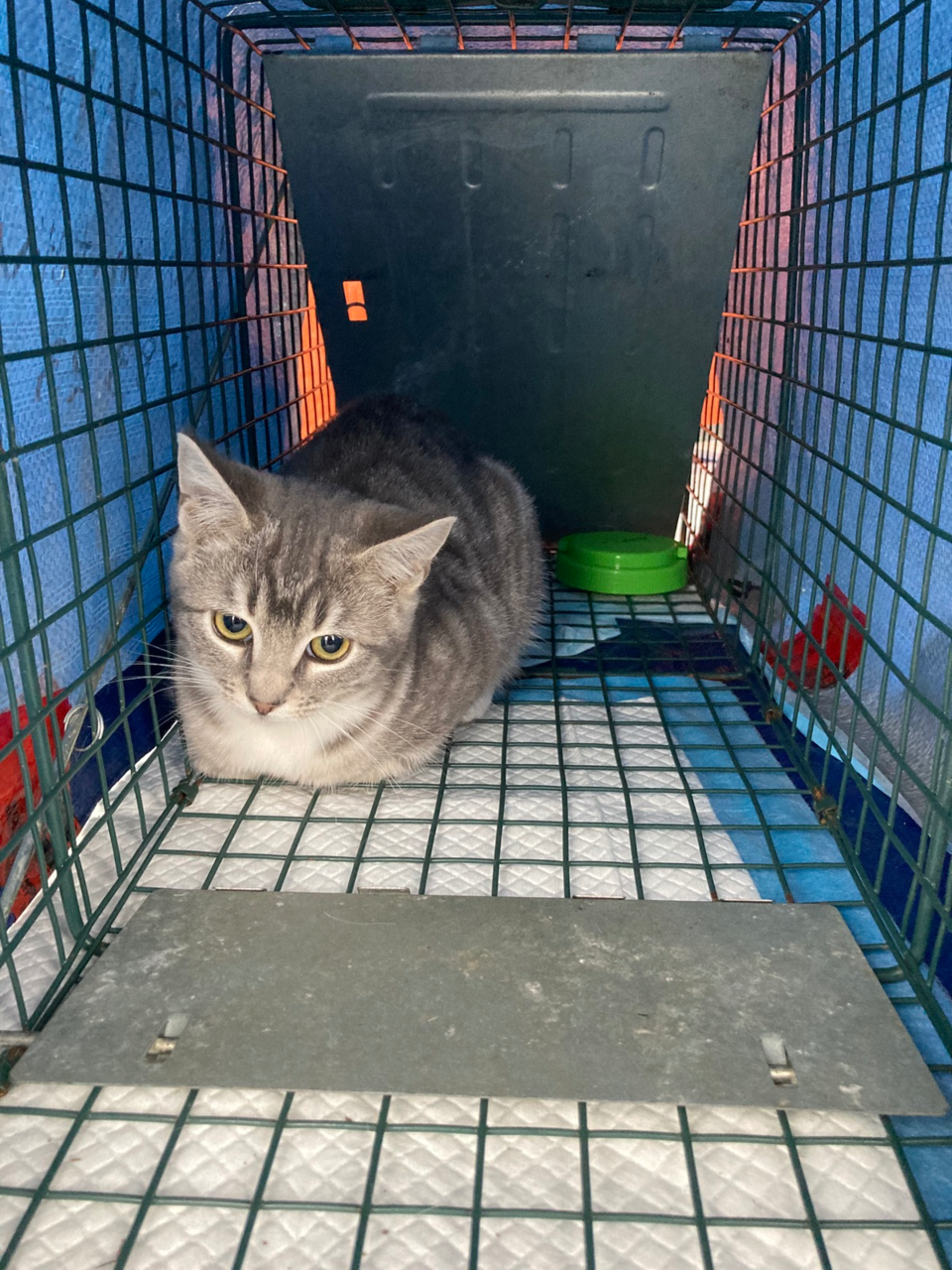City of Powell River Council has voted to contribute $8,000 from its grants-in-aid to assist in addressing feral cat colonies.
At the September 12 city council meeting, councillors considered a recommendation to provide the money to Wild Ocean Whale Society (WOWS), which is having feral cats spayed and neutered, and is rescuing cats and kittens.
After the recommendation was presented, councillor Rob Southcott said during the presentation from WOWS representative Susan MacKay at the September 10 committee of the whole meeting, it was outlined that there were two locations in the city where feral cats are believed to be. He said one is in Wildwood and the other is in Cranberry. He said he understands the situation in Wildwood to be under control.
“The one in Wildwood is arguably not a feral cat colony, it’s an expansion of domestic cats that are actually being fed by a resident,” said Southcott. “At this point, I can’t, in all good conscience, dedicate $8,000, even if there is some suggestion that it may improve the situation in Wildwood. I need a lot more information. I would like to move we defer this for more information before we support this grant.”
There was no seconder for the motion.
Councillor Cindy Elliott asked staff if there was a way to ensure the grant-in-aid would be spent in city boundaries. She said feral cat issues outside the city should receive funding from somewhere else.
City chief financial officer Mallory Denniston said if the recommendation passed, the city would put it as a stipulation in its letter to WOWS that the money be used on city properties. She said a final report would be required by the city and it would include the areas that WOWS attended to feral cats.
Elliott said what was being proposed by WOWS was not a sustainable solution and she was not in favour of the city having a policy for maintaining cat colonies. She said the recommended option would be an interim solution to the city coming up with a better solution for a long-term strategy. She said she wanted a different process for next year.
Councillor Trina Isakson said trapping, spaying and neutering, and releasing the cats is a standard humane approach for feral cat colonies throughout municipalities. She said the city has bylaws related to keeping cats and this situation is in a grey area.
“We have a problem and a proposed solution,” said Isakson. “I agree that ideally, this would be dealt with in the next year, but the fact is that the approach has been successful so far and things have improved, but we’re not done.”
Councillor George Doubt said he was not in favour of the grant-in-aid because he didn’t think trapping cats within the municipality, spaying, neutering and vaccinating them, then releasing them to be fed is a good solution and he would be voting against it.
The motion to allocate the grant-in-aid to WOWS passed.
At the September 10 committee of the whole meeting, MacKay said the feral cat initiative was assisting in trapping, spaying and neutering, then returning feral cats to their colonies.
“We do this in a humane way,” said MacKay. “What is a feral cat? They are discarded. They were pets, they may have been dumped as kittens and they are looking for a location to be where they can join forces, find shelter, food and water and form these colonies because they are social animals.”
MacKay said in the colonies, there are generational issues and year after year, cats are being born. She said cats need to be spayed and neutered to prevent a population explosion. She said kittens are adopted out.
“Once we have them trapped, we transfer them into larger kennels with clean bedding and a hiding area,” said MacKay. “They get food and water. The kennels are cleaned regularly. We have to hold them and prep them for surgery. We then put them back into cages and have the vets proceed with the procedure.
“After the surgery, we pick them up and put them back into holding and monitor them closely. When we release them, we open the gate of the kennel and release them.”
MacKay said the benefits of the program are enormous. She said there is a reduced pressure on native species, such as birds. She said the feral cats are fed and they are less likely to hunt for food. She added that they are healthier because they have been vaccinated and dewormed, and are able to live out their lives reasonably.
Join the Peak's email list for the top headlines right in your inbox Monday to Friday.



